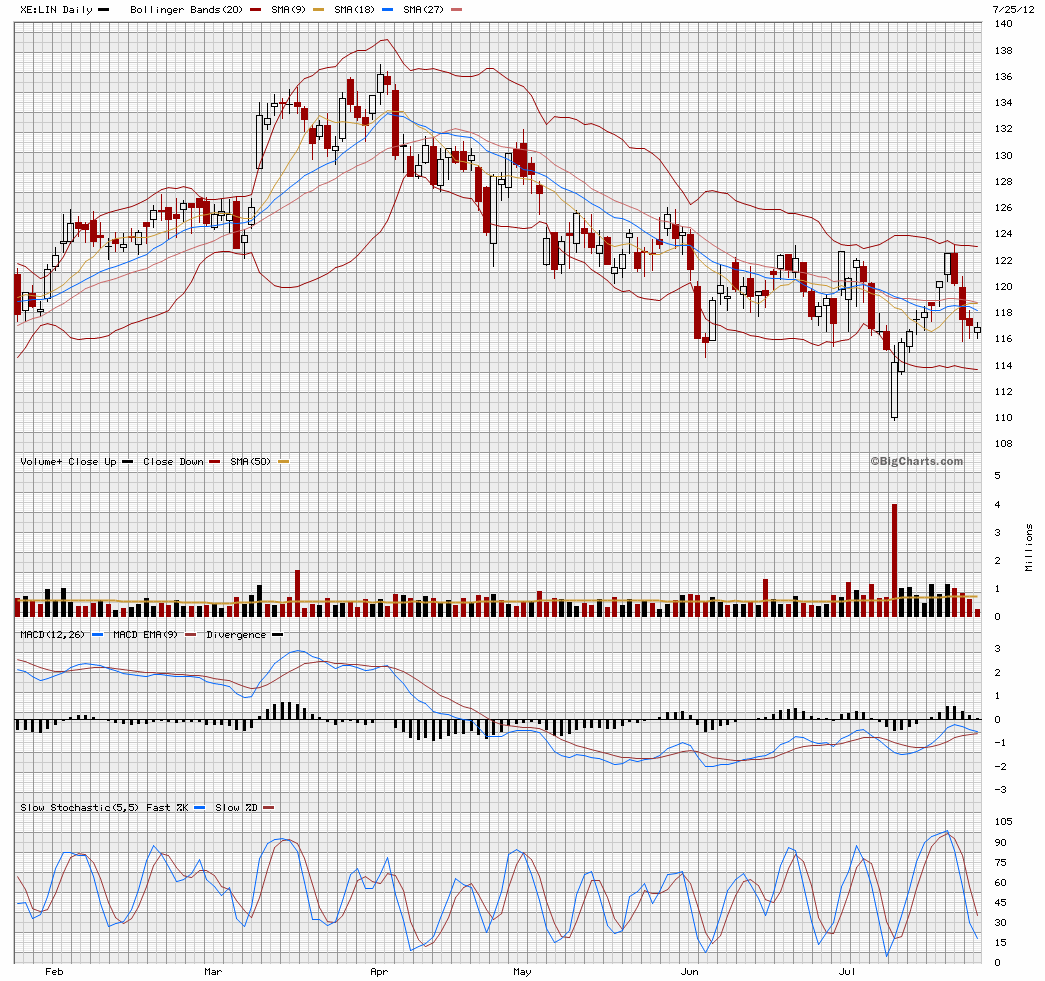!Thyssen plan B could be Steel Europe sale -sources
By Arno Schuetze and Marilyn Gerlach
FRANKFURT, July 23 (Reuters) - If Germany's ThyssenKrupp
<TKAG.DE> fails to find a buyer for its steel assets in the
Americas, it would consider the politically unpalatable option
of throwing in its European steel operations, too, banking
sources said.
Selling off steel would leave the group focused on its
technologies divisions, which make, among other things,
industrial plants, elevators and submarines, businesses it hopes
would be less exposed to economic swings.
ThyssenKrupp said in May that it was considering selling or
finding a partner for Steel Americas to raise cash and cut debts
racked up trying to gain a beachhead in North America, but
interest has been lukewarm. [ID:nL5E8GFFX1]
"Plan B is to seek a solution for the whole steel business,"
one banker close to the company said, pointing to difficulties
of finding a buyer, or even a partner, for the Americas
business, in an industry struggling with cheap products from
Asia and overcapacity.
"Management is already considering alternatives in case
Steel Americas does not work out," the banker said.
"They simply have to do that. The initial response from
possible buyers is muted, and management cannot allow itself to
be in a negotiating position in which a remaining buyer can
blackmail them into a deal," the banker said.
The company's steel operations are grappling with rising
costs, shrinking margins and weak demand in North America and
Europe, and its Americas strategy - producing slabs cheaply in
Brazil and selling in the United States - fell foul of a strong
Brazilian real, the debt crisis in Europe and a sluggish U.S.
economy.
Two other bankers familiar with the steelmaker's strategy
said a sale of Europe Steel would be possible next year, in the
event of economic recovery, and added Thyssen could seek a
German buyer in an effort to sidestep the political difficulties
in selling a business that employs nearly 29,000 jobs.
The company denied a sale of steel Europe was on the cards
when contacted by Reuters on Monday, but the bankers said it was
being considered at high level.
"(Chief Executive Heinrich) Hiesinger and (finance director
Guido) Kerkhoff are pushing for a sale of European steel. This
is likely to come next year," one of the two bankers said.
The other one said: "The sale of Steel Americas is just the
first step. The second will be the sale of European steel
business."
Another banker, who has worked with ThyssenKrupp in the
past, said ThyssenKrupp would likely reap a higher price if the
European and American steel operations were sold in one package.
"The disposal process for Steel Americas has been bumpy and
will remain very difficult," he said. "Steel Europe's sale, if
at all, would be just as tough."
ROOM FOR MANOEUVRE
Hiesinger, ThyssenKrupp's first chief executive without a
steel background, has led efforts to trim down the sprawling
conglomerate. He said in May the company would sell non-core
assets generating sales of 10 billion euros ($12 billion), with
stainless steel the biggest of them, by September this year.
Analyst Rochus Brauneiser of Kepler Markets said selling
Steel Americas would cut debts to a more acceptable level, but
only a complete exit from steel could create the room for
manoeuvre to grow its capital goods businesses.
"We regard the decision to review the Steel Americas
business as a first step to withdraw from steel as a whole,"
Brauneiser said.
Steel Europe last year posted earnings before interest and
tax (EBIT) at 1.13 billion euros on sales of 12.81 billion -
roughly a quarter of the total sales for the group, excluding
stainless steel.
The banking sources said the company was already considering
the political fallout of selling Germany's biggest steel
producer.
"It's too political; that's the heart of Thyssen - steel in
Europe - that's the origin of the company," said analyst Dirk
Schlamp of DZ Bank. He puts the value of the unit now at 3.5
billion euros, with a best-case scenario of 6.5 billion euros.
One union representative, who did not want to be identified,
said the company told labour that Steel Europe would not be sold
off, adding the unions would "fight against it, if needed".
GERMAN SOLUTION
To make the sale acceptable to workers and politicians,
Thyssen could look for potential buyers within Germany or an
owner that shares its cultural roots, the banking sources said.
They said Salzgitter <SZGG.DE>, Germany's second biggest
steelmaker and partly owned by the federal state of Lower
Saxony, could play a role.
"The fact that Salzgitter is partly state-owned would help
in creating a 'German solution', and something like this might
be necessary as there would be a big political outcry when
ThyssenKrupp exits steel," the second banker said.
The third banker said Gerhard Cromme, the board chairman
tipped to be the next head of the shareholder Krupp Foundation,
had already started "looking for a German solution for
Duisburg", the Ruhr valley hub of sprawling iron and
steel-making facilities that once equipped armies and navies.
"Such a plan could see the ThyssenKrupp steel plants being
sold to Salzgitter or Voestalpine," the third banker added.
Austria's Voestalpine <VOES.VI> has also been reducing the size
of its steel business as a percentage of sales.
One major concern for Thyssen and its bankers, however, is
likely to be the lack of appetite for such assets in a depressed
European steel market.
Any strategic buyer could reap synergies mainly from
capacity cuts, but that would meet stiff resistance from labour.
Potential buyers for ThyssenKrupp's American steel mills
include Korea's Posco <005490.KS>, Brazil's Vale <VALE5.SA> and
leading global steel maker ArcelorMittal <ISPA.AS>, but they
would pay nothing like the nearly 11 billion euros ThyssenKrupp
invested in the mills. "If the sale goes well, Thyssen can get 4
billion euros," the first banking source said.
Analysts said a sale or even a partial IPO of Steel Europe
would be possible in the medium to longer term, if the economy
improved. ThyssenKrupp wanted to float about 30 percent of its
steel business in 2000, but scrapped it at the onset of
recession.
"But if the economy does not improve in the mid-term, there
could be pressure for steelmakers to cut capacity. This could
push them to consolidate further, and maybe a merger of
Voestalpine, ThyssenKrupp and Salzgitter would be doable,"
Schlamp of DZ Bank said.
A spokesman for Salzgitter declined to comment, while
Voestalpine said the company was not buying any steel mills.
($1 = 0.8219 euros)
(Additional Reporting by Tom Kaeckenhoff in Duesseldorf and
Angelika Gruber in Vienna; Editing by Clara Ferreira-Marques and
Will Waterman)
((marilyn.gerlach@thomsonreuters.com)(+49 69 7565 1279)(Reuters
Messaging: marilyn.gerlach.thomsonreuters.com@reuters.net))
Keywords: THYSSENKRUPP STEEL/EUROPE



